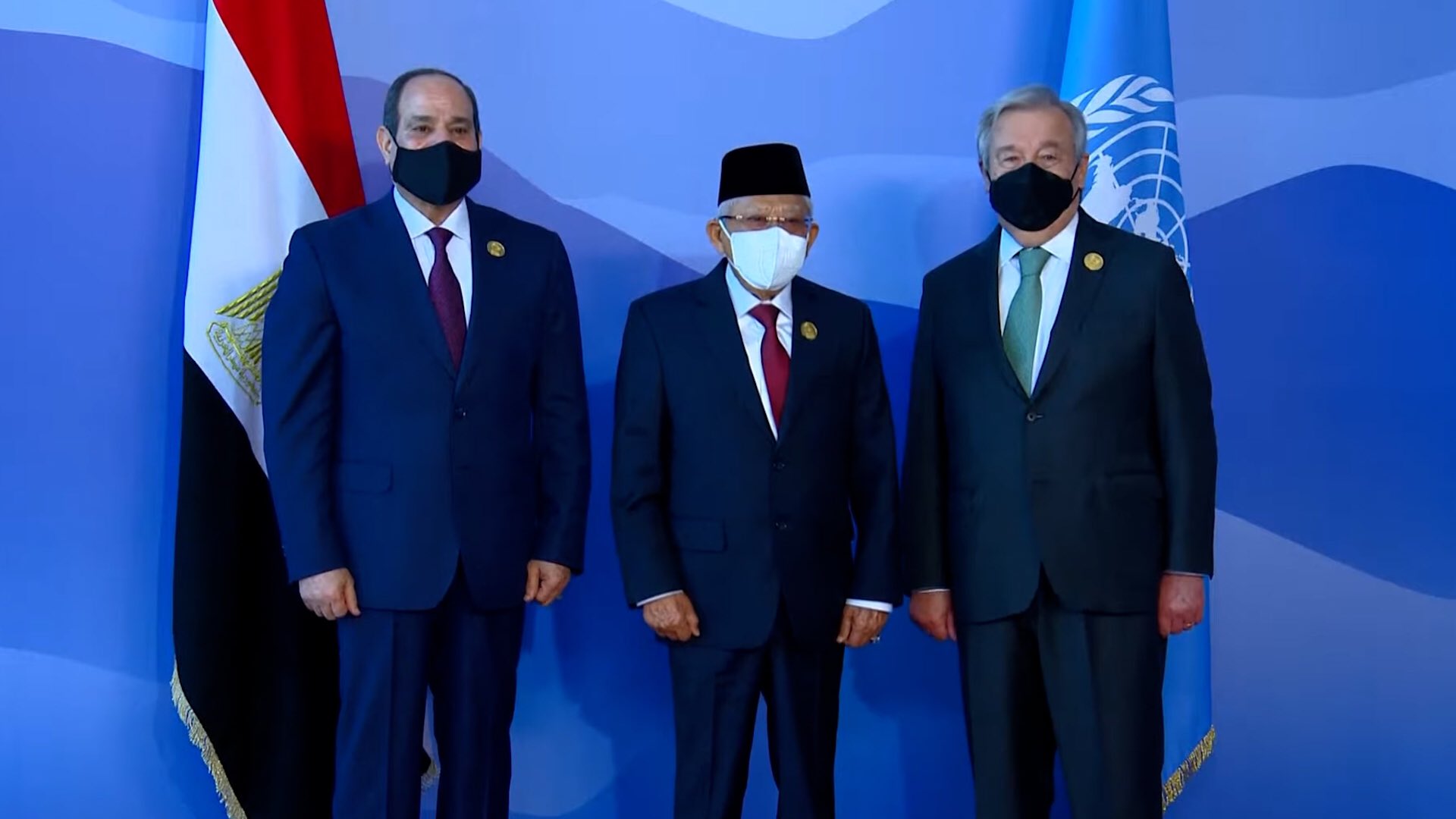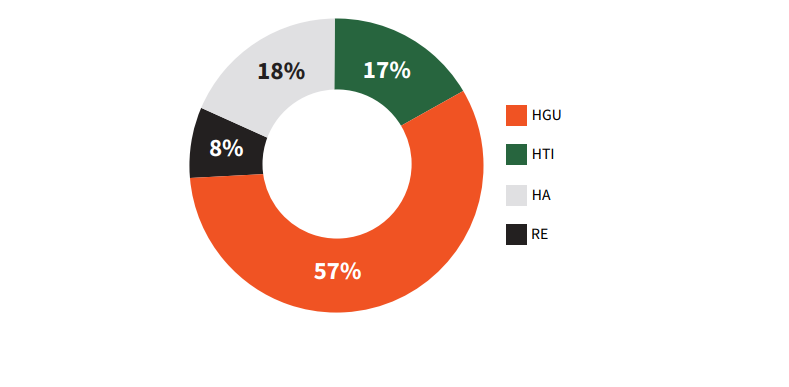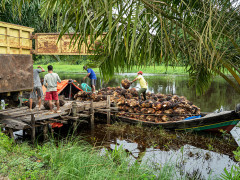President's Annual State Address to the MPR Lacks Focus on Environmental Issues and Forest Fires!
By AdminQuestioning Indonesia's Climate Commitments at COP 27

The peatland ecosystem, which has an essential role in climate control, is under threat. Currently, 39% of licensed concession areas operate on Indonesian peatlands.
Specifically, the Vice President also conveyed the initiation related to the B40 biodiesel program. It is important to remember that biodiesel production in Indonesia is still very dependent on palm oil. According to Pantau Gambut's records, the concession area of Cultivation Rights (HGU) located in peatland ecosystems is 2,300,122.43 hectares – the majority of which are oil palm plantations. After that, IUPHHK-HTI concessions (1,993,780.37 ha), IUPHHK-HA (569,153.74 ha), and IUPHHK-RE (336,012.31 ha) were followed, respectively.
The commitment of FOLU Net Sink 2030 is also invisible through law enforcement in the field. Pantau Gambut's 482 sample points taken from 39 companies in 5 provinces (Riau, Jambi, South Sumatra, Central Kalimantan, and West Kalimantan) show that 32.15% of the burned area replanted by extractive plants like oil palm or acacia. This data indicates that the commitment of FOLU Net Sink 2030 is also invincible through law enforcement in the field. In contrast, The Minister of Environment and Forestry Regulation No. 77 of 2015 clearly states that the Forest Product Utilization Business Permit (IUPHH) holders are prohibited from utilizing any activity in the burnt area.
Based on the spatial analysis conducted by Pantau Gambut, the total accumulated burned area over the permitted area during the 2015-2019 period was 1,020,376.04 hectares. The details are 580,764.5 ha above the cultivation rights (HGU) area, 168,988.1 ha found in the industrial forest (HTI), 83,575.6 ha above the restoration ecosystem (RE) area, and 187,047.9 ha above the natural forest (HA) area.

The continued occurrence of post-2015 fires has raised questions about the order to implement peatland restoration in concession areas, even though the parties have agreed that the 2015 karhutla disaster caused enormous multi-sectoral losses.
The impact is significant in climate change. Pantau Gambut believes that the Vice President's claim to encourage the restoration of a green environment and strong and inclusive climate action can only achieve if there is serious attention to important ecosystems such as peatland. The government's lack of seriousness in reviewing permits and enforcing the law in various cases of forest fires, and concessions located in peat ecosystems, will only be a step back from the commitment to FOLU Net Sink 2030, which the Vice President conveyed at COP 27.
Note
A more comprehensive data source above can be accessed in the Pantau Gambut's study Piecing Together the Puzzle Pieces of Peat Ecosystem Protection in Concession Areas.
If you require guidance or consultation regarding this publication, you may contact:
Wahyu A Perdana 082112395919 Pantau Gambut's Campaigner
Yoga Aprillianno 081390203344 Pantau Gambut's Media Campaigner
Header photo credit: Sayed Sheasha/REUTERS/Alamy Stock Photo



